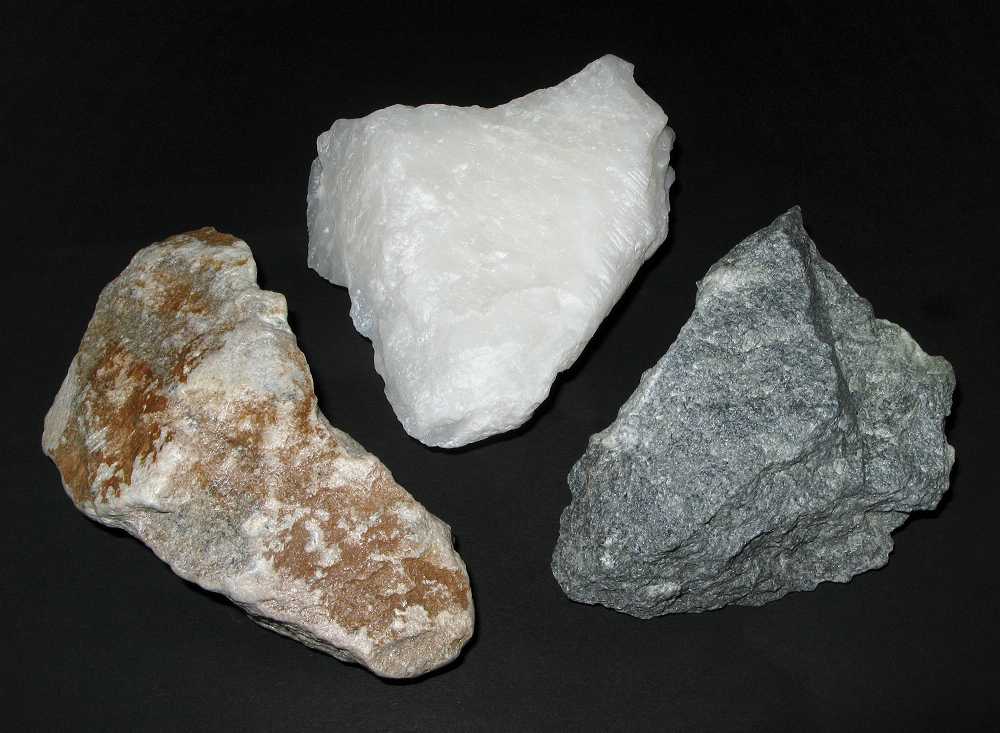
Production in Pakistan: Soapstone deposits are found in various regions of Pakistan, including Khyber Pakhtunkhwa and the Federally Administered Tribal Areas (FATA). The country's soapstone industry involves both artisanal and industrial mining operations. Artisanal miners use traditional methods to extract soapstone, while industrial operations employ modern equipment and techniques to ensure efficient extraction and processing.
The mined soapstone is processed to remove impurities and sorted based on color, texture, and talc content. High-purity soapstone is used for carving and artistic applications, while lower-grade material is utilized in industrial processes.
Applications and Benefits: Soapstone is prized for its workability and aesthetic appeal, making it a popular choice for artists and sculptors. Its softness allows for intricate carvings and detailed artwork. In addition to its artistic uses, soapstone is also employed in the manufacturing of countertops, sinks, and stoves due to its heat-resistant properties.
In industrial applications, soapstone is used as a refractory material in furnaces and kilns, where its ability to withstand high temperatures is essential. It is also used as a lubricant in drilling operations and as a filler in the production of ceramics, paints, and plastics.
Soapstone's versatility and unique properties make it a valuable resource for various industries, contributing to both artistic and industrial endeavors.
Share This News